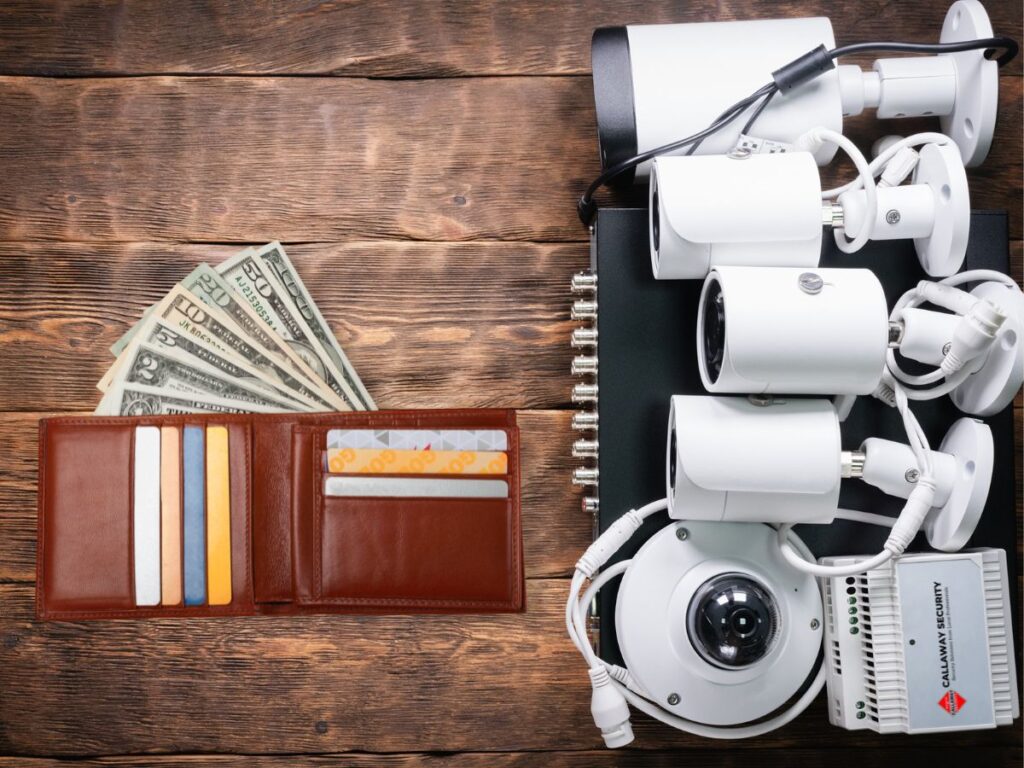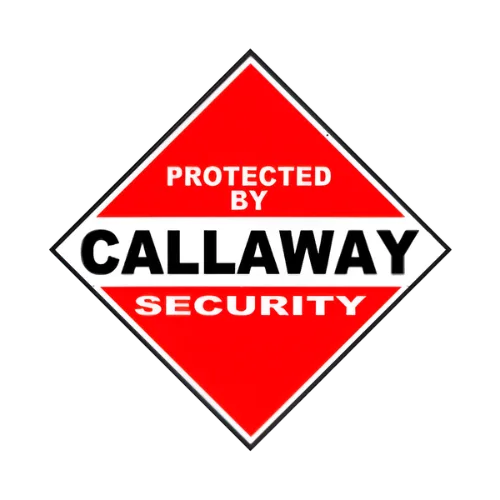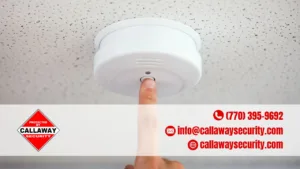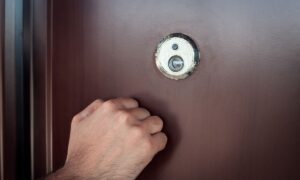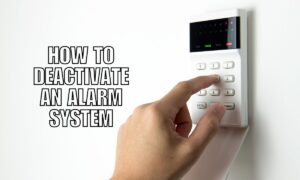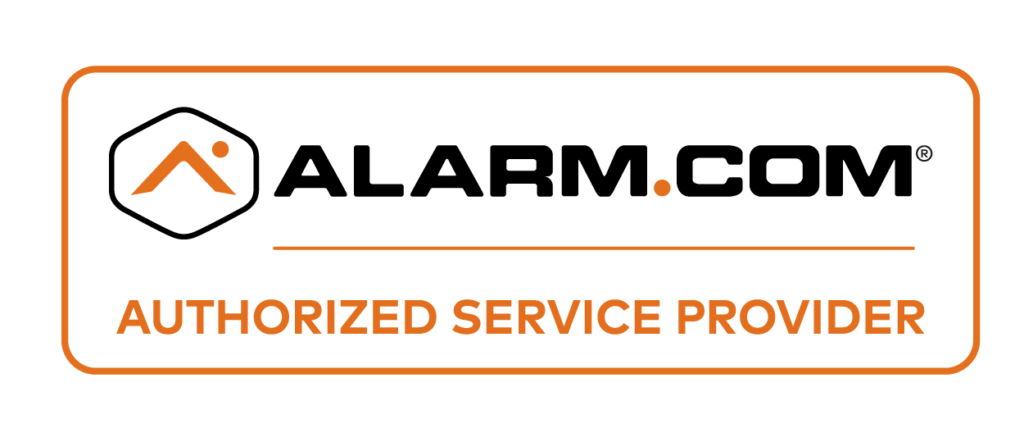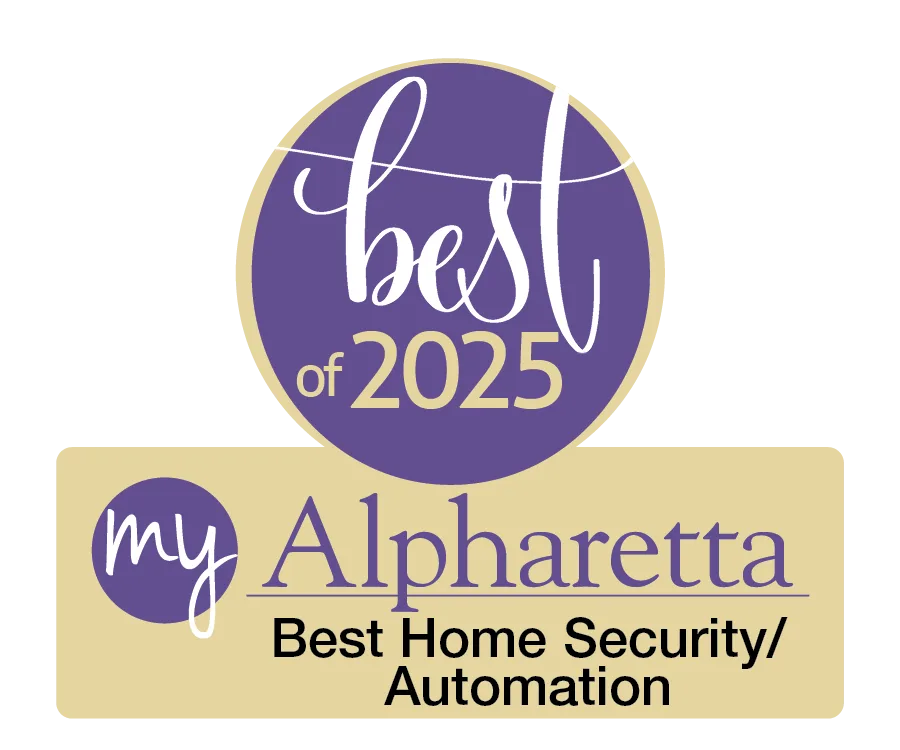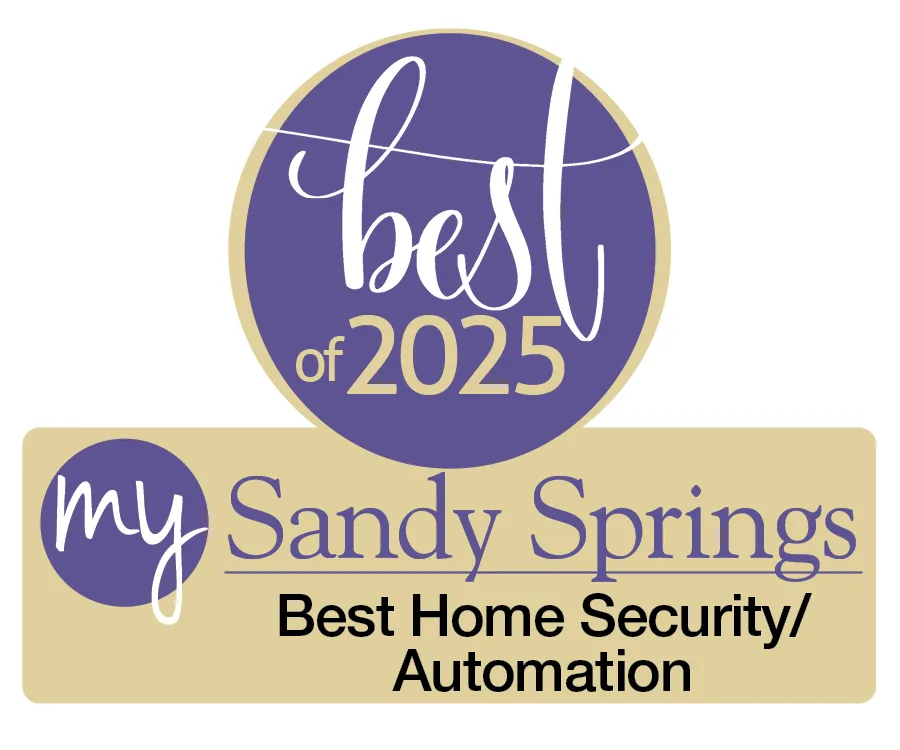The cost of home security systems in Atlanta varies based on the type of system, installation, and monitoring service. On average, initial expenses range from $300 to $1,500, while monthly monitoring fees fall between $16.95 and $70. DIY setups are more affordable, while professional installations and advanced features increase costs.
A home security system isn’t just about deterring burglars—it’s about peace of mind, safety, and protecting what matters most. Whether you live in the heart of Atlanta or a suburban neighborhood, securing your home ensures you stay one step ahead of potential threats.
Key Takeaways:
- Basic DIY security systems cost between $200 and $600.
- Wireless security systems range from $400 to $1,200.
- Wired security systems cost between $800 and $1,600, requiring professional installation.
- High-end security systems with smart integration can range from $2,500 to $15,000.
- Professional installation costs $99 to $1,600, depending on system complexity.
- Monthly monitoring costs between $16.95 and $70, with national averages around $50.30.
- Crime-prone areas may require additional features, increasing costs by 20–30%.

Home Security System Costs Explained
Equipment Costs: Choosing the Right Setup
The type of security system you choose determines your upfront costs.
| System Type | Estimated Cost | Best For |
|---|---|---|
| DIY Systems | $200–$600 | Renters, small homes, budget-conscious homeowners |
| Wireless Systems | $400–$1,200 | Flexibility, easy installation, smart home integration |
| Wired Systems | $800–$1,600 | Larger homes, high-security needs, professional installation required |
| Advanced Systems | $2,500–$15,000 | High-end security, full automation, businesses, luxury homes |
Installation Costs: DIY vs. Professional
If you’re comfortable handling setup yourself, a DIY system can save you money. However, professional installation ensures proper setup and functionality.
- DIY Installation: Free or minimal costs (depending on tools needed).
- Professional Installation: Ranges from $99 to $200 for standard systems and $800 to $1,600 for wired systems requiring extensive labor.
Monitoring Costs: Self vs. Professional Monitoring
Monitoring ensures your security system works 24/7. You can either self-monitor or opt for professional services.
- Self-Monitoring: Free or minimal cost (app fees may apply).
- Professional Monitoring: Ranges from $16.95 to $70 per month, depending on provider and features.
Factors That Affect Security System Costs in Atlanta
1. Home Size and Layout
Larger homes require more sensors, cameras, and control panels, increasing costs.
2. Neighborhood Crime Rates
High-crime areas may need more advanced systems, adding 20–30% to overall costs.
3. Smart Home Integration
Systems with mobile app access, voice control, and automation cost more.
4. Additional Security Features
Features like motion detectors, doorbell cameras, and remote access impact pricing.
5. Service Provider Pricing
Companies like Vivint, SimpliSafe, and ADT offer different packages and costs.
FAQs
What’s the cheapest home security option in Atlanta?
DIY security systems with self-monitoring are the most affordable, starting at $200.
Is professional monitoring worth it?
Yes! Professional monitoring ensures emergency response when you’re away, with plans starting at $16.95/month.
Can I install a home security system myself?
Yes! Many wireless security systems are designed for DIY installation, saving $99–$1,600 in setup fees.
How much do security cameras cost in Atlanta?
Standalone security cameras range from $50 to $500, depending on resolution and features.
Do home security systems lower insurance costs?
Yes! Many insurers offer 5–20% discounts for homes with monitored security systems.
Is a Home Security System Worth It?
Investing in a home security system in Atlanta provides safety, convenience, and peace of mind. Costs vary based on features, installation, and monitoring choices, but even basic systems significantly enhance security. Whether you opt for a budget-friendly DIY system or a fully monitored smart setup, securing your home is always a wise decision.
Find the best value for money with Callaway Security™. Contact us now!

